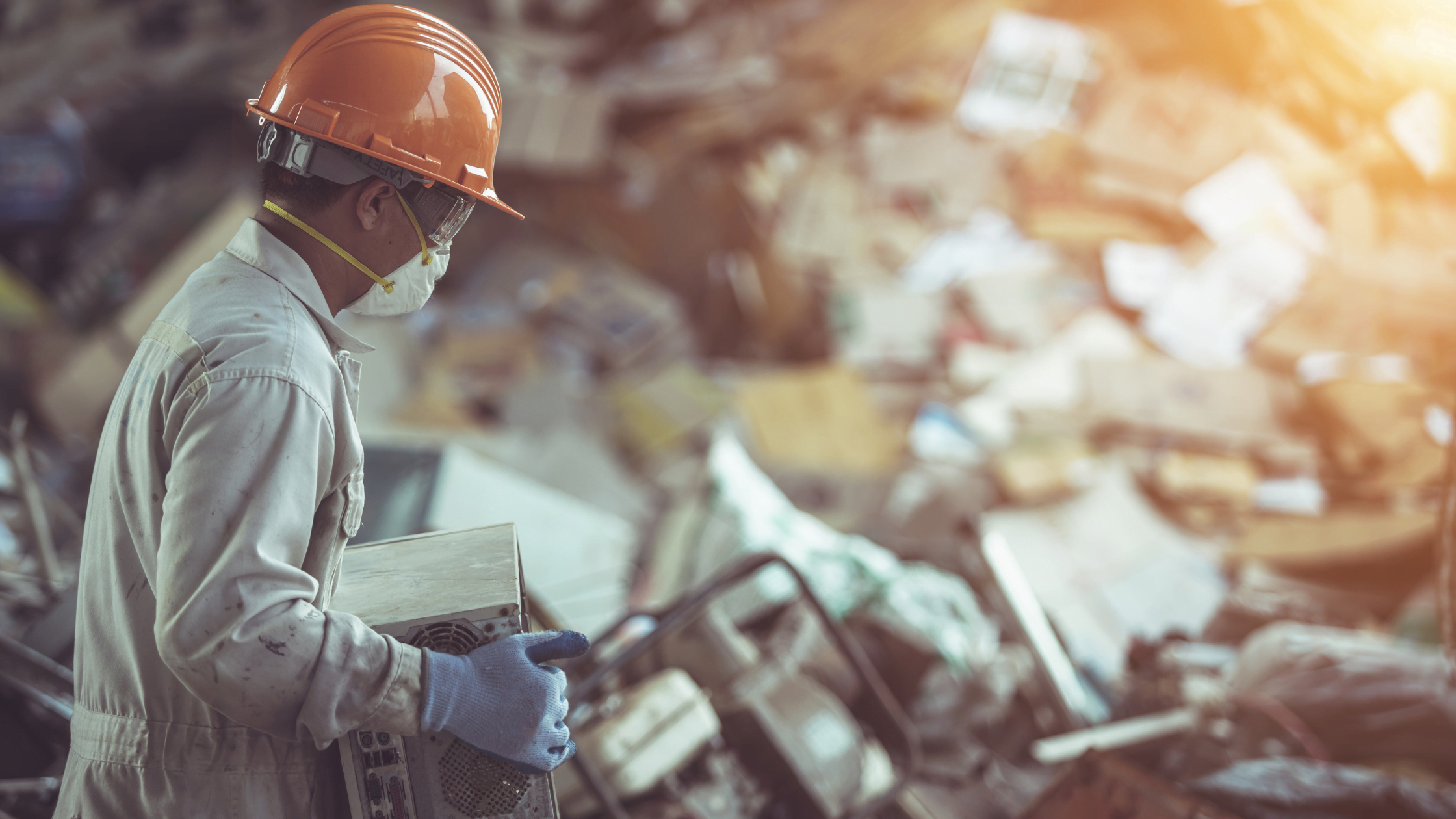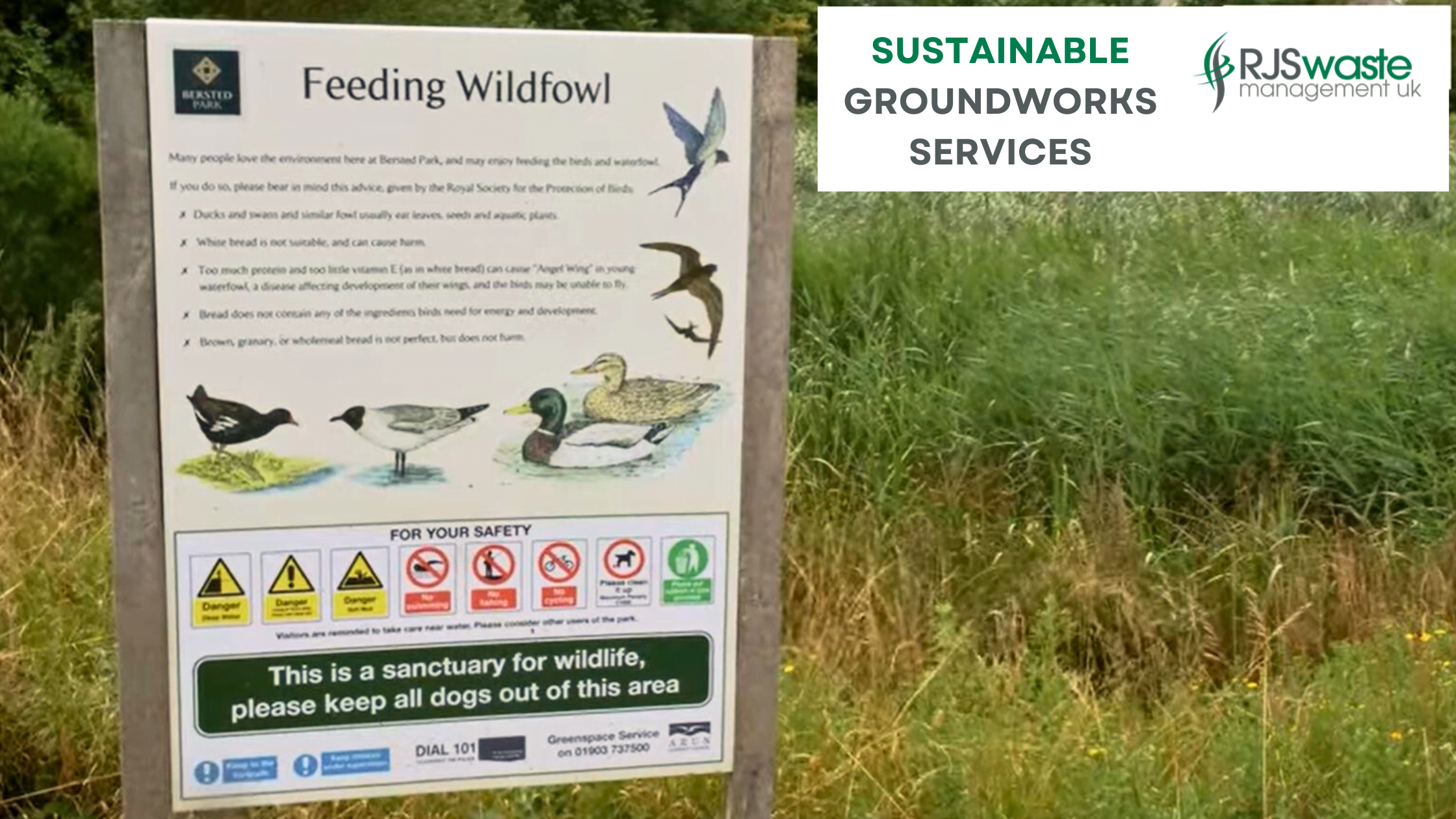
While we strive to spread the good word about recycling as the most eco-friendly way forward for waste management, the energy crisis is scuppering things. The moral impact of recycling Waste Electrical and Electronic Equipment (WEEE) coming into question. And the feasibility of plastic recycling now is up in the air. We unpack some of these arguments here.
Is WEEE recycling right in an energy crisis?
We usually advocate WEEE recycling as the most eco-friendly route for our customers. But recent headlines concerning the impact of the energy crisis have given us pause.
At the RWM & Letsrecycle Live trade shows in September, WEEE experts revealed the sobering news that, while the UK is struggling with energy costs, it’s not “morally right” to repair large appliances for reuse. People with lower incomes typically buy these refurbished appliances, and they cost more to run than newer models.
Robert Sant, Managing Director of AO Recycling, went on to identify a couple of other challenges when it comes to effective WEEE recycling. One was damage caused to appliances through bulk collections by local authorities, with the suggestion being that smaller specialist waste collection operatives will likely take more care. Another was the viability of selling reuse products for more than they cost to repair and less than a new item.
Professor Greenfield of Tech-Takeback reinforced the need for balance when deciding to recycle WEEE for reuse. His Brighton-based not-for-profit gets electricals in shape for reuse by local charities and community groups. This issue of rising concern promoted a research project:
“We got NICER funding this year, working with University College London, the UKRI Centre for Circular Metals and the Restart Project to look at when is the nexus point for repairing…
“We’re currently creating a multicriteria assessment tool to determine – using things such as social, environmental and economic value, but also historical value – when we should actually repair something or when we should disassemble it.”
Rising energy costs risk the plastic recycling process
The energy crisis isn’t just raising questions about the efficiency of products recycled for reuse, it’s halting the recycling of plastic in some countries altogether.
Plastic Recyclers Europe (PRE) cautioned that soaring energy costs on the continent are already having detrimental effects on plastic recycling facilities. Processing constantly, recycling companies are struggling to break even, and closures are imminent. In September, 40% of Italy’s plastic recycling operations were on hold.
The real risk is to Europe’s circular economy. What’s more, with plastic recycling boasting a much lower carbon footprint than incineration and landfill, such issues could roadblock the way to a low-carbon EU economy by 2050. Any UK companies sending their plastic recycling out for processing on the continent are going to see a knock-on effect too.
A build-up of plastic recyclables is also a safety issue. The Environmental Protection Agency has revealed that millions of tons of plastic bottles are piling up in US recycling plants. Strong enough to be used for packaging and clothing, PET is highly combustible. So, the longer it sits around waiting to be recycled, the more of a fire risk it becomes.
Less than 30% of PET waste is recycled in the US with the rest mounding. This mound is either waiting for export to recycling facilities abroad or ends up back in landfill. Though the recycling processes in the UK are far from perfect with around two-thirds of our plastic waste sent abroad to help cut recycling costs. And, as we now know, the halts in processes because of rising energy costs will see those piles continue to grow and add to the climate crisis.
There’s already been a steady climb in fires at recycling plants recently, with the past two years seeing more than ever on US soil. Recycling plant fires also happen closer to home with breaks out in South Wales during 2021 and 2022.
To try and tackle the problem, some countries are switching to more recyclable PETs – such as clear plastics over-dyed varieties. But there’s so much more that needs to be done. BEKO, one of the UK’s main manufacturers of home appliances, has spoken out about the need for the government to encourage the reuse of recycled plastics in manufacturing. But until there are tighter measures on waste disposal this won’t be feasible when manufacturing overseas.
Waste management with the least environmental impact
Energy crisis or not, as an ISO 14001:2015 certified waste management company we take the environment seriously.
We strive to reduce our impact on the environment by disposing of hazardous waste in a compliant manner. We also source disposal routes with the best options for recycling or re-use – depending on the materials and current situation.
Contact us for your free waste collection and waste disposal quote today.




